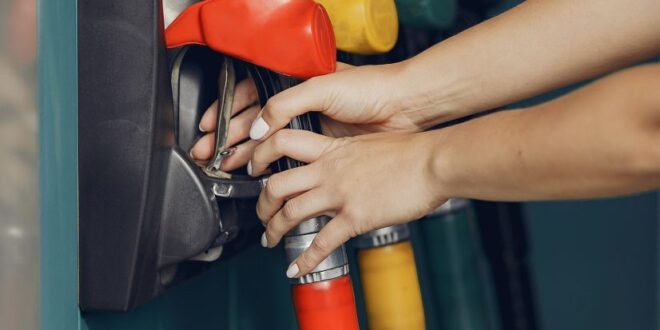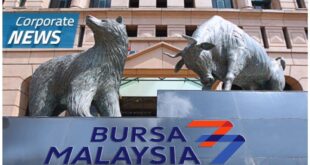PETALING JAYA: The subsidised diesel control system 2.0 (SKDS 2.0), which was introduced to tackle the misappropriation and smuggling of subsidised diesel, has gotten off to a rough start since commencing its pilot phase on Feb 1, say analysts.
UOB Kay Hian Research (UOBKH Research) said although the SKDS 2.0 initiative was introduced with good intentions, potential teething issues could persist until the second half of 2024 (2H24) as diesel subsidy retargeting may have been “messy”.
“Ideally, the utilisation of the new fleet card system should have started on April 1 to be on track for a full June 2024 implementation, although there are some teething issues, especially in the multi-layered application process,” it said in a note on the oil and gas (O&G) sector yesterday.
The research outfit highlighted concerns regarding the SKDS 2.0, including Sabah and Sarawak’s exclusion from the SKDS 2.0 due to the widespread use of diesel in the states.
Secondly, UOBKH Research said the SKDS 2.0 requires a two-layered application process that places undue burden on petroleum companies, potentially hampering efficiency.
“This may be a reason why Radius – Shell’s current fleet card manager in the United Kingdom – was chosen to manage Shell Malaysia’s fleet cards, as shown in Bank Negara’s approved licensed fleet card players for the purchase of petroleum products,” it added.
UOBKH Research highlighted that the first application process for SKDS 2.0 involves submitting company details, permits and vehicle information to the Domestic Trade and Cost of Living Ministry for subsidy authorisation.
This process lasted from March 7 to March 31, with approval typically obtained within one to three days.
Only then can the applicant apply for fleet cards from a list of five petroleum companies, where the process may take between two and four weeks, according to UOBKH Research.
“An interesting catch is that only a maximum of two petroleum companies can be chosen, alongside the percentage allocation that needs to be set by the applicant.
“An applicant who wishes to change petroleum companies will have to apply using a designated request form, and can only change a maximum of three times in a year,” it said.
UOBKH Research foresees the diesel subsidy to result in short-term volatilities for Petron Malaysia and Petronas Dagangan Bhd. This is as both are exposed to refineries and fuel stations business outlook in Malaysia.
On a broader market outlook, UOBKH Research highlighted that the O&G sector, as represented by the KL Energy Index, showed trading outperformance until the first quarter of 2024, driven by increasing rates for vessels and O&G manpower rates.
 BeritaKini.biz Berita Viral Terkini di Malaysia
BeritaKini.biz Berita Viral Terkini di Malaysia





